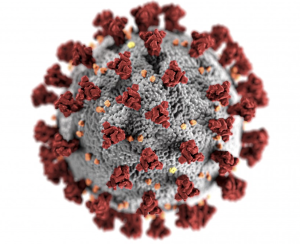10.4 Impact of COVID-19 Pandemic on People Experiencing SUDs
“Addiction is a disease of isolation, so it stands to reason that social distancing…is counter to most efforts to engage in a recovery community” (Grinspoon, 2020, para.5).

Prior to the start of the COVID-19 pandemic, public health officials, front line service providers, grassroots organizing and advocacy groups, including PWLLE, were raising the alarm about a worsening opioid poisoning (overdose) crisis. The pandemic exacerbated this crisis. People experiencing SUDs are more vulnerable to both contracting COVID-19 and experiencing more severe illness (See Chapter on SDoH) (Grinspoon, 2020; Smith, 2021). In addition, the recommended COVID-related public health measures exacerbated the crisis by: increasing isolation and psychological trauma; worsening mental health issues; reducing access to social supports and SUD treatment services; and impacting the ability of PWUS to follow harm reduction guidelines (Grinspoon, 2020; Jemberie et al., 2020; Smith, 2021).
COVID-19/pandemic related risks expanded on & exacerbated drug poisoning risk factors that existed prior to the pandemic including:
- Isolation.
- Stigma & discrimination.
- Lack of access to a safe supply of drugs.
- Lack of access to a safe supply of equipment (e.g., clean needles).
- Lack of access to safe consumption sites and other social services.
- Lack of access to Naloxone.
(Jemberie et al., 2020; Grinspoon, 2020; Smith, 2021).

Click the following links to learn more about the impact that the COVID-19 Pandemic had on PWUS:
A Tale of Two Epidemics – When COVID-19 & Opioid Addiction Collide
Canada’s Hidden Crisis: How COVID-19 Overshadowed the Worst Year on Record for Overdose Deaths

